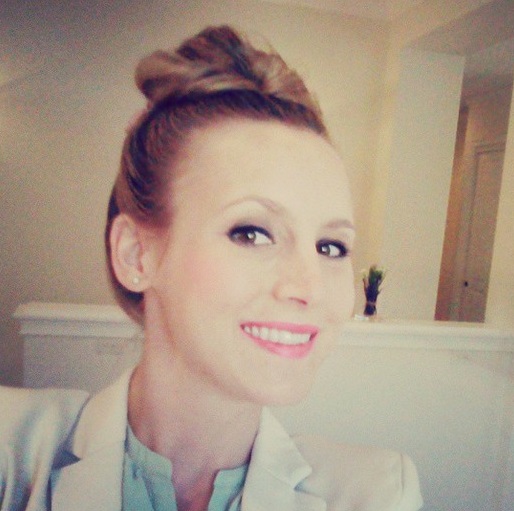I spent the five happiest years of my life in a morgue. As a forensic scientist in the Cleveland coroner’s office I analyzed gunshot residue on hands and clothing, hairs, fibers, paint, glass, DNA, blood and many other forms of trace evidence, as well as crime scenes. Now I'm a certified latent print examiner and CSI for a police department in Florida. I also write a series of forensic suspense novels, turning the day job into fiction. My books have been translated into six languages.
No, just attention to detail and patience.
Well, if it's found on the victim, you might ask if it came from the suspect's clothing/upholstery/etc., and vice versa. Or it could similarly link either party to the crime scene, depending upon the circumstances of the case.
That depends on what agencies mean by the title 'forensic biologist' and what your job duties would be. The only way to know that is to contact them and ask. You can also check websites of forensic organizations such as American Academy and the International Association for Identification and look at their job postings. That will give you an idea of requirements for different positions.
Changing the ambient temperature either up or down and then changing it back will affect a pathologist's estimate of time of death because they usually take that into consideration. I couldn't guess how long it would take it to unfreeze, but at room temperature I would think several hours at a minimum.
Sommelier
 What's your favorite bottle of wine for under $20?
What's your favorite bottle of wine for under $20?
The IT Guy
 What's the the stupidest IT question you've every gotten?
What's the the stupidest IT question you've every gotten?
REALTOR®
 What's the best way to know if housing prices are going to rise or fall?
What's the best way to know if housing prices are going to rise or fall?
I'm afraid I wouldn't have any idea. Call your local crime labs and ask their personnel for suggestions.
I have no idea. You'll have to ask the agency to which you are applying. They may all have different requirements.
This may vary by county or state, but I am not because I'm a civilian employee and not a sworn officer.
-OR-
 Login with Facebook
Login with Facebook (max 20 characters - letters, numbers, and underscores only. Note that your username is private, and you have the option to choose an alias when asking questions or hosting a Q&A.)
(A valid e-mail address is required. Your e-mail will not be shared with anyone.)
(min 5 characters)
By checking this box, you acknowledge that you have read and agree to Jobstr.com’s Terms and Privacy Policy.
-OR-
 Register with Facebook
Register with Facebook(Don't worry: you'll be able to choose an alias when asking questions or hosting a Q&A.)